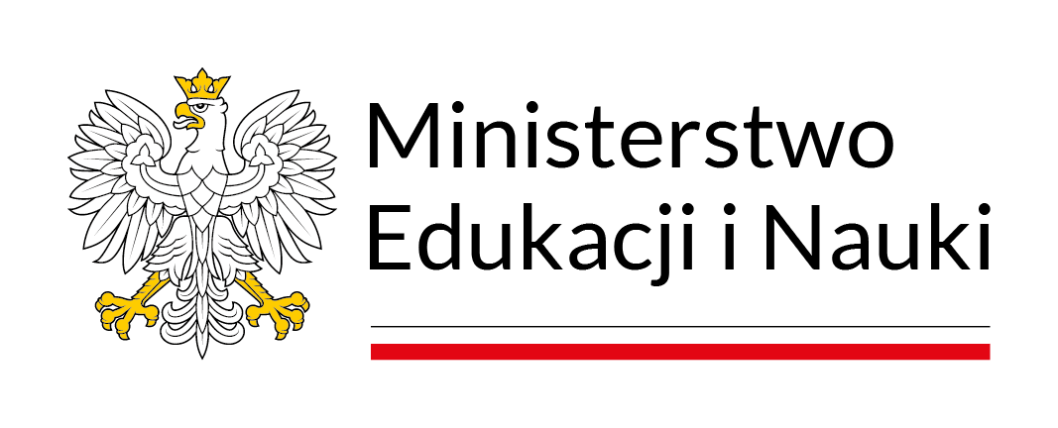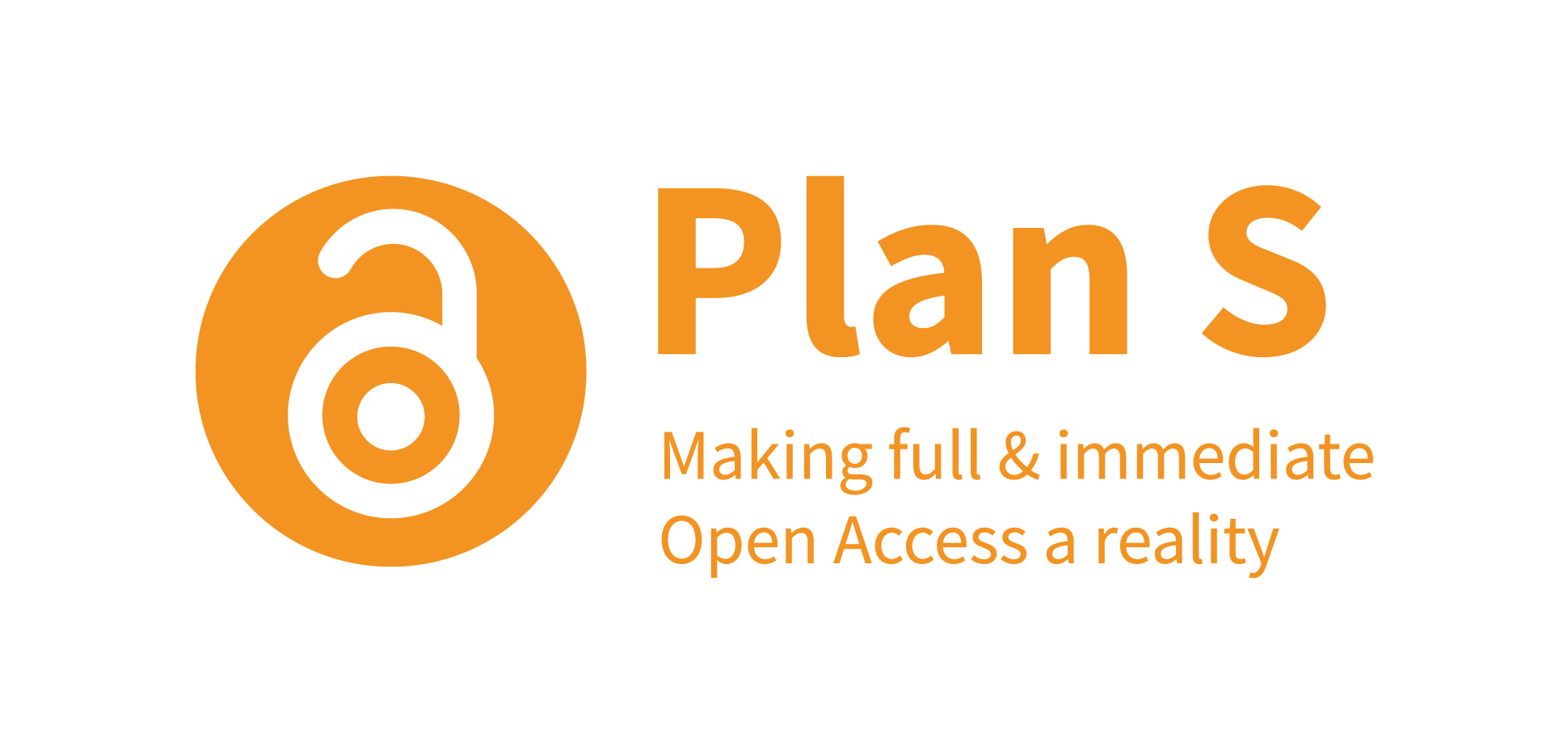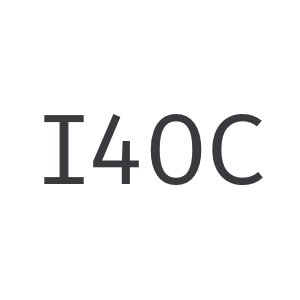Update of the journal's text formatting and bibliographic style rules
1)
Zamiast zapisu:
N.N.
(używanego na oznaczenie nieznanego autora), stosujemy zapis:
Anon.
2) W zapisie linków usuwamy dwukropek po słowie „dostęp”.
Zamiast:
https://… (dostęp: dd.mm.rok).
przyjmujemy
https://… (dostęp dd.mm.rok).
3)
W zapisie „ISBN” usuwamy dwukropek
Zamiast:
ISBN: numer
przyjmujemy:
ISBN numer
4) W zapisie bibliografii w przypadku, gdy publikacja liczy tylko jedną stronę, stosujemy zapis:
- n (gdzie n, numer strony);
w przypadku więcej niż jednej strony stosujemy zapis:
- m – n (tzn. zakres stron, od strony m do strony n)
Analogiczna zasada obowiązuje w cytowaniach i w przypisach, gdy powołujemy się na fragment publikacji.
Proszę zobaczyć:
Read more about Update of the journal's text formatting and bibliographic style rules























